Isla Urbana, an interdisciplinary group of designers, urbanists, engineers, anthropologists, educators and artists, aims to build a water-responsible culture in communities across Mexico by integrating education and community empowerment with the installation of rainwater harvesting (RWH) systems. The movement defines ‘Water Culture’ as “the state of being an active participant in the construction of a symbiotic relationship with nature and our water cycles.”
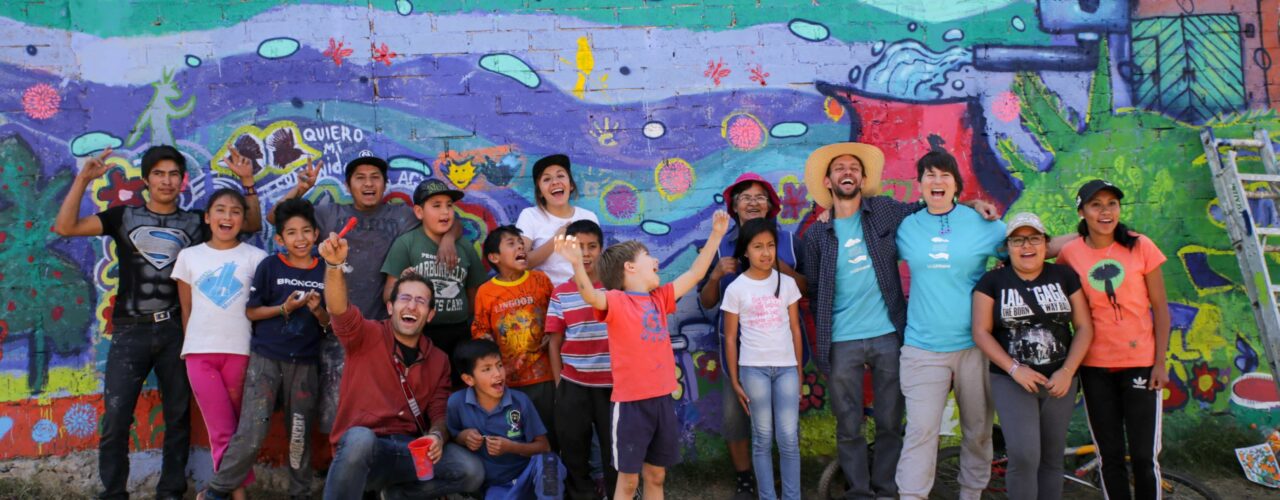
To date, Isla Urbana has worked in 35 indigenous communities installing rainwater harvesting systems and conducting environmental education programs. Its largest project is Ha Ta Tukari in the western state of Jalisco, where it has installed over 100 systems serving three communities since 2010.
So what?
According to Isla Urbana, more than 10 million Mexicans do not have access to water services, while 250,000 people in Mexico City live without connection to the water network, and millions more suffer from intermittent service or contaminated water.
Rather than rely upon the government to address the problem, Isla Urbana seeks to empower communities to become water secure and resilient through the combination of good design and an active culture whereby citizens learn to value water from rain and aquifers.
A rainwater harvesting system can supply a family with water for 5 to 12 months per year, and reduce strain on the aquifers beneath the city which are so depleted they are causing the city to sink (over 10m in the past century), increasing flooding risk.
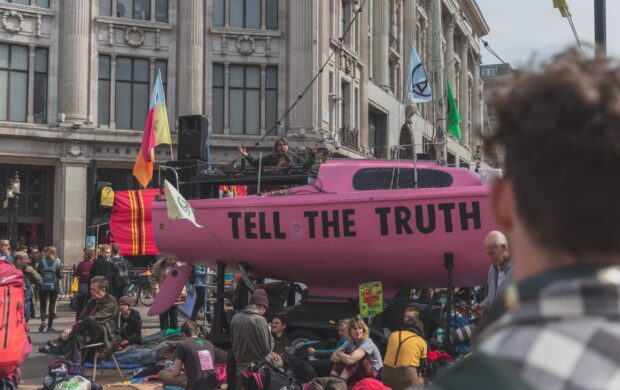
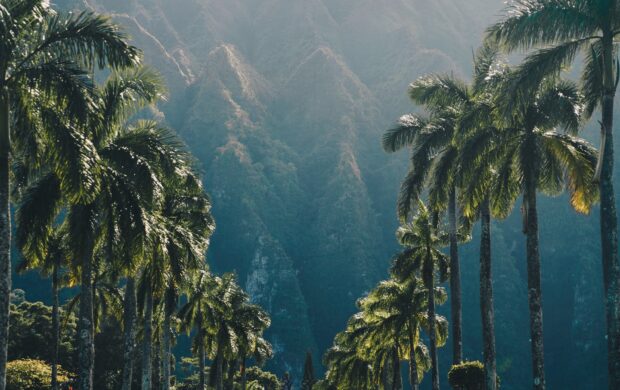

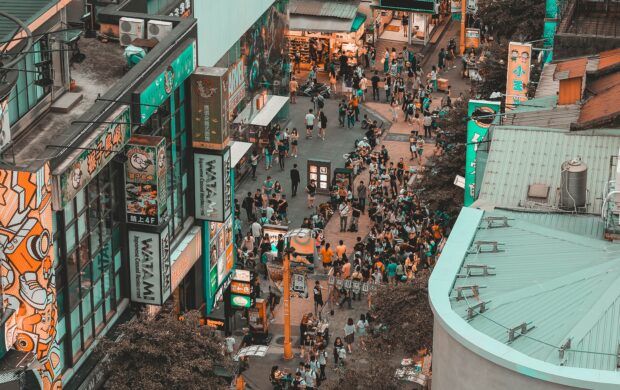

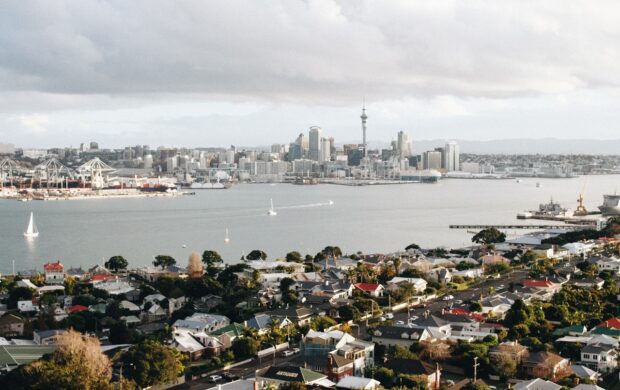
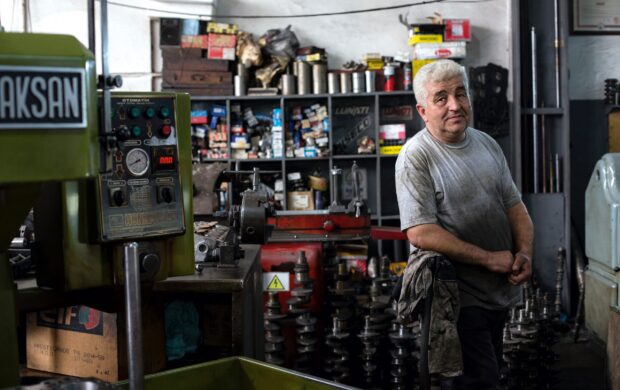

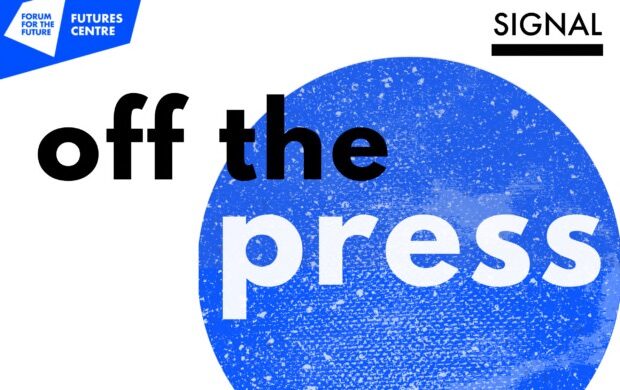


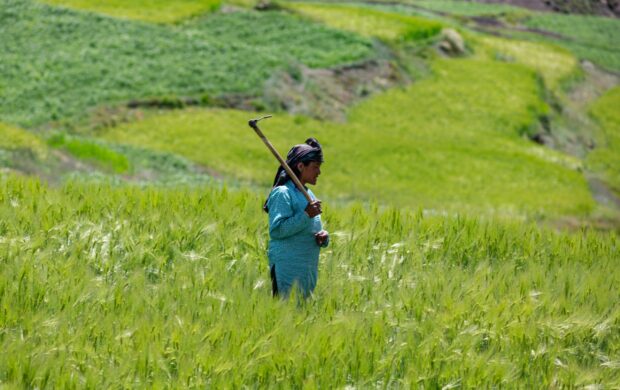





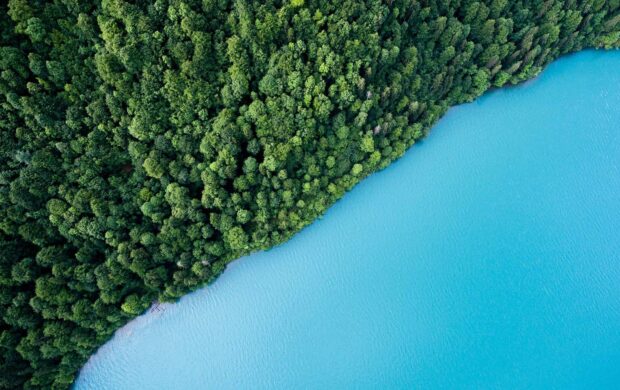


Join discussion